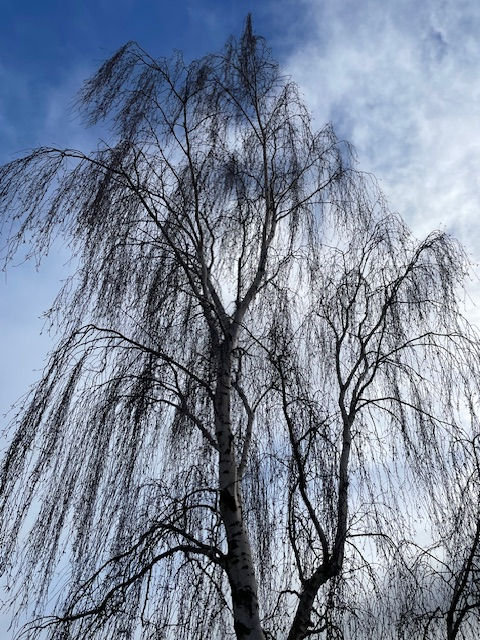A-Level Results Day
- WEDossett

- Aug 15, 2024
- 3 min read
Updated: Aug 16, 2024
I found this day last year quite painful. It was my first A-Level results day after my unexpected, forced retirement on health grounds. A-Level Results Day is one I've always been invested in for a number of reasons. Perhaps the most immediately pressing reason was the supply of applicants to my university departments (Trinity, Carmarthen in the 90s, Lampeter in the naughties and latterly Chester), in other words, securing the strength of our subject (Religious Studies - Philosophy, Ethics, Theology), the future of my own job and those of my colleagues. It was also an important day to me because of my nearly three-decades-long caring about, and, in a small way, shaping, A-Level Religious Studies. I'd watch the news avidly and get furious with all the commentators ignorant of how public examinations work, as they sensationalised increases or decreases in grade boundaries, with no awareness of the principles of norm-referencing and fairness to cohorts year-on-year. Results day was also always emotional for me because I experienced a (bizarre, perhaps!) free-floating care for, and investment in, all A-Level candidates and University applicants, almost as if they were young people I knew personally. And of course, the significance of the day was always shaped by my sense of the inestimable value of what the study of religion(s) offers to individuals and to society.
I found it extremely hard, last year, not being 'on duty' with my colleagues. I felt like a spare part; like I had lost my identity. Some tears were shed. Probably because of the combination of reasons listed above, that day hit me harder than the other milestones of the academic year. However, as the year has passed, I've discovered that I simply do care, about all those things, even though I'm not being paid to. Most of those emotions, values and commitments remain integral to my identity, regardless of my role or status. I haven't, I discover to my surprise, 'lost' my identity. Perhaps this is because my identity was never actually much to do with getting paid. Getting paid was merely necessary, and I was lucky to get paid for so long for doing something so meaningful to me.
I guess I'm feeling especially reflective because I'm thinking of all the young people who today are wondering about where they fit and -- I'm afraid that they are thinking this -- what their 'worth' is in the light of a judgment upon them by the system. That judgement is of course not meaningless. Doors are opened by good results. Education progression is one of the greatest of privileges, and one of the best determinants of a rich and rewarding life. See this recent report on the lifelong benefits to students of the Humanities, for example.
Without education we wouldn't be able to secure all those high-value social goods - a functioning democracy, an accessible health service, scientific progress and arts that challenge and enable reflection on what's meaningful. I'm overjoyed for those who have done well, in terms of effort, outcome or simply survival. I'll be shouting the achievements of my family's young ones from the rooftops as and when appropriate (regardless of how 'well' they do).
However, what's valuable is not so much the success, but the education itself. To be clear, I'm not amongst those who believe that 'employability' is a dirty word. I'm (orginally) working-class, first-in-family etc. Being able to work and earn money has always been important to me. It's especially important to me as a woman, grateful for the independence my own earning power gives me, and I'm painfully aware of how recent, and how geographically-specific a privilege that independence is. It sometimes appears to me that people who laud 'learning for learning's sake' may not have needed to worry too much about feeding the electricity meter, nor had to consider how they might protect themselves from the structural injustices of patriarchal systems. However, education is not only about success, status, employment or economic leverage. It's potentially the fuel for a revolution, a revolution badly needed to bring about a more just and kind society, a better functioning democracy less vulnerable to exploitation by self-interested and powerful actors intent on sowing fear, hatred and division.
As I think about my own 'place' in the world now I've no formal role in academia, I'm also thinking about the young people who are wondering about theirs, too, today. Status and succcess really are so much froth. What matters is the revolution, and it's a revolution anyone can contribute to, regardless of grades, success, earning power or status.



